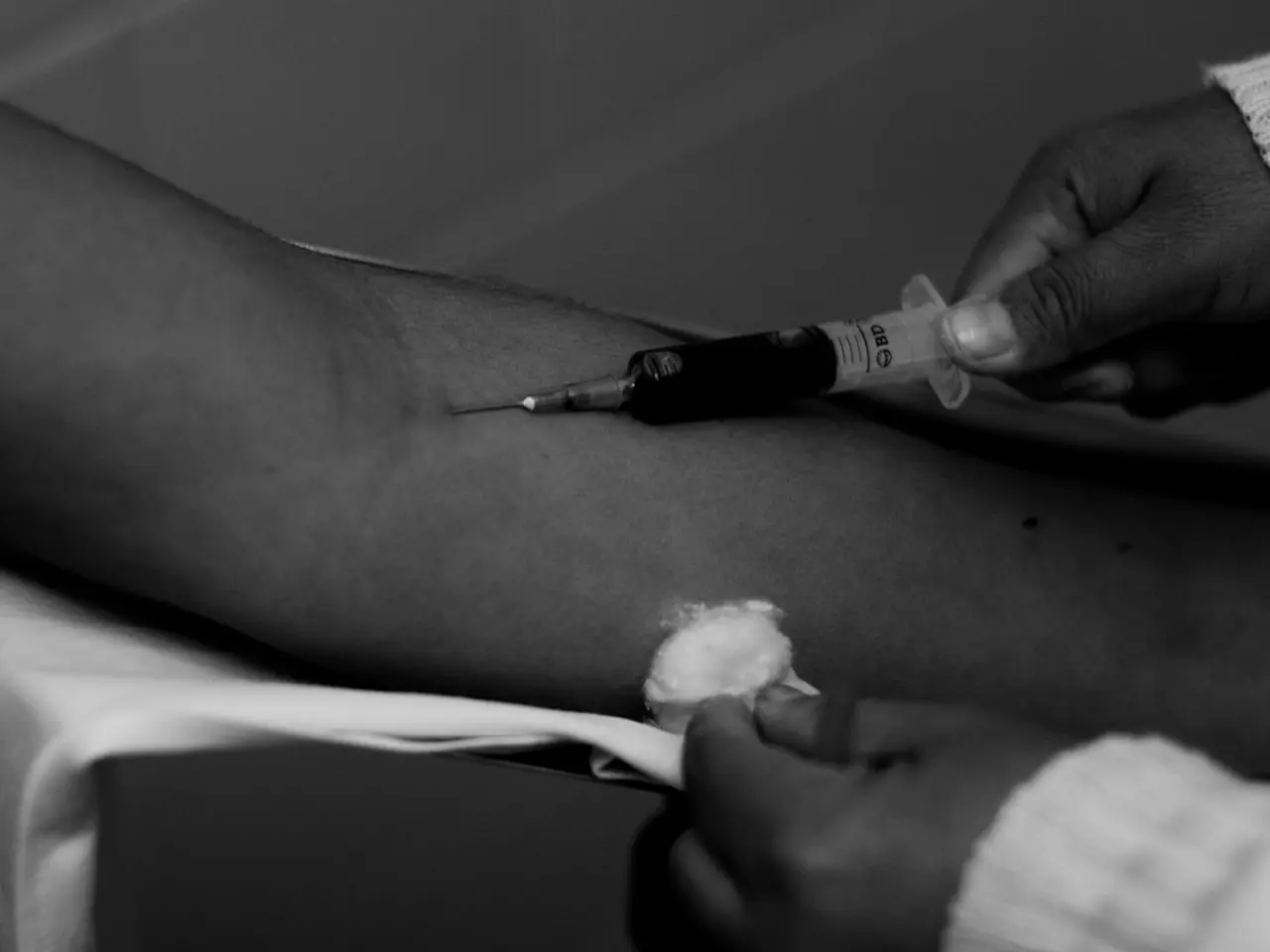Annual decrease in organ transplant numbers by 15%
In South Korea, the waiting time for organ transplants has been on the rise, despite a decrease in donor registrations. This trend is primarily attributed to a surge in the number of people waiting for transplants outpacing the supply of organs, coupled with a decline in the number of brain-dead donors.
According to data from the Ministry of Health and Welfare, the number of people donating organs after being declared brain dead dropped by 15.4% from the previous year, with 3,931 donors in 2024. This decrease led to a 15% drop in total organ transplants across all types, amounting to 5,054 procedures in 2024.
The national transplant waiting list saw a corresponding increase, with over 54,000 people waiting for organs as of the end of 2024. This figure rose from approximately 45,595 still waiting by April 2025.
The average waiting period for an organ transplant in South Korea reached about 2,193 days, or around six years. For certain organs like the pancreas and small intestine, the wait can be as long as 11.5 years and 9.8 years, respectively, indicating a significant shortage of available organs compared to demand.
Most donations in Korea come from living donors, typically relatives. However, the lower brain death donation rate severely limits organ availability for many needed transplants. The number of living donors who gave to non-relatives was 30 in 2024.
Systemic factors, such as legislative conflicts causing medical personnel shortages, have also contributed to the reduction in donations and transplant procedures.
Officials from the Ministry of Health and Welfare have acknowledged the fluctuation in organ donor registrations each year. In response, they have announced plans to set up a five-year plan to promote organ donations from 2026-2030, with further details to be announced in September.
Despite the decline in donor registrations, there has been a slight increase in the number of organ donors for the current year, though the exact figures have not yet been revealed by the ministry.
On a positive note, the number of people registering to donate their organs after they die or are declared brain dead increased by 15.4% in 2024, reaching 70,563 registrations. The accumulated number of potential donors of organs, body tissues, and bone marrow in South Korea also rose to 2.98 million as of December last year.
Hematopoietic stem cell transplants, also known as bone marrow transplants, experienced a marginal decrease of 1.7% to 1,544 cases in 2024.
As South Korea grapples with this organ donation crisis, the government and healthcare officials are taking steps to address the issue and improve access to life-saving transplants for those in need.
- To combat the increasing organ donor crisis in South Korea, the Ministry of Health and Welfare has announced plans to implement a five-year organ donation promotional plan from 2026-2030.
- Addressing the issue of limited organ availability, officials are encouraging workplace-wellness programs to promote health-and-wellness, fitness-and-exercise, and nutrition to reduce the number of medical-conditions that may require therapies-and-treatments or organ transplants.
- As part of the overall health-and-wellness initiative, the South Korean government is also exploring policies to streamline medical procedures, ensuring that medical personnel are adequately available for handling organ transplants and procedures more efficiently.




